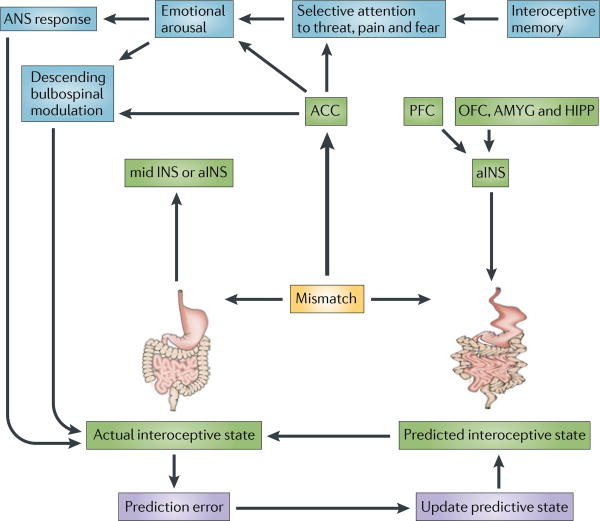Figure 4. Interoceptive memory and prediction error in chronic disease.
According to a theory proposed by Paulus and Stein138, the mismatch of actual interoceptive input reaching the anterior insula (aINS) through body to brain signalling, with a falsely predicted interoceptive state (from interoceptive memory and/or influences on the aINS from prefrontal and limbic influences) results in the engagement of anterior cingulate cortex (ACC). Mismatch-related ACC activation is associated with emotional arousal, increased sympathetic and sacral parasympathetic activity and engagement of descending bulbospinal sensory facilitation systems, and may be associated with a conscious feeling of anxiety and worry. When adapted to functional gastrointestinal disorders125, the autonomic response to the mismatch is likely to change the state of the gut through modulation of multiple target cells (for example, activation of motor and secretory activity in the distal colon that is associated with stress), which in turn is likely to produce altered interoceptive feedback to the INS. The failure to correct the prediction error by updating the predictive state (as would be expected in a healthy individual) results in chronicity of symptoms through chronic functional and structural dysregulation of the brain–gut axis. Mismatches between actual interoceptive input from nutrient related signals from the gut and interoceptive memories of hedonic experiences of food intake have been implicated in obesity135. ACC, anterior cingulate cortex; AMYG amygdala; ANS, autonomic nervous system; HIPP, hippocampus; OFC orbitofrontal cortex; PFC prefrontal cortex.

